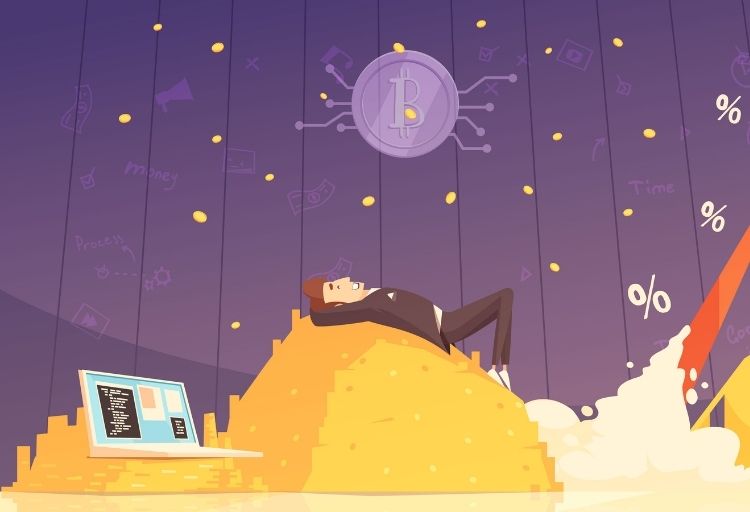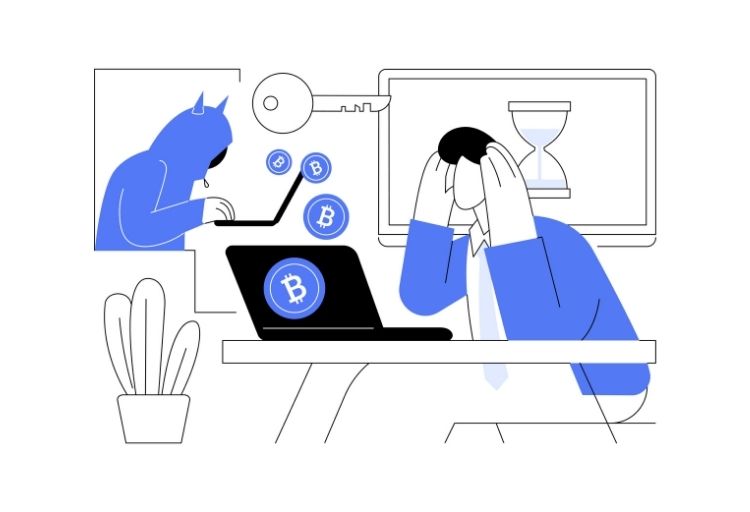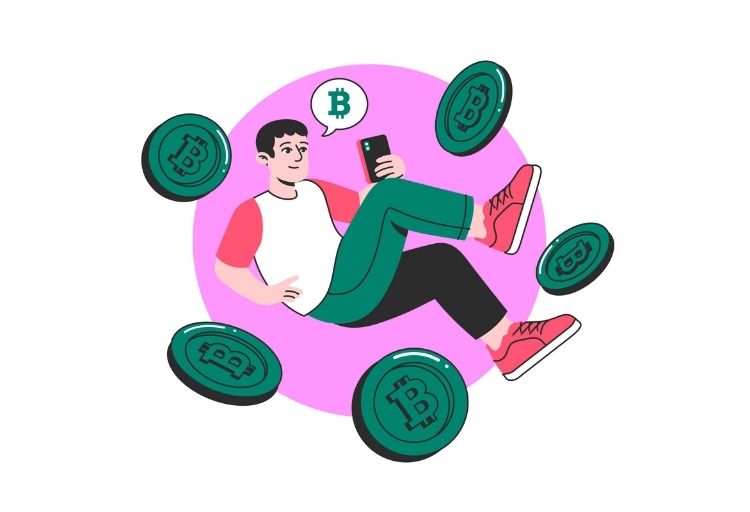Friend, if you’ve ever found yourself staring at red candles on your crypto charts at 3 AM, questioning every life decision that led you to this moment, you’re not alone. The cryptocurrency market is a rollercoaster of emotions, and understanding the psychology behind trading decisions can be the difference between consistent profits and devastating losses.
The Emotional Battlefield of Crypto Trading

Crypto trading isn’t just about analyzing charts and following technical indicators. It’s a psychological game where your mind can be your greatest asset or your worst enemy. The 24/7 nature of cryptocurrency markets means there’s never a break from the emotional intensity, making psychological awareness even more crucial.
Unlike traditional stock markets that close for weekends and holidays, crypto markets never sleep. This constant availability creates unique psychological pressures that can lead to impulsive decisions, FOMO (Fear of Missing Out), and burnout.
Common Psychological Traps in Crypto Trading

Let’s explore the most common psychological pitfalls that trap even experienced traders:
Fear and Greed Cycle
The crypto market amplifies two primary emotions: fear and greed. When prices surge, greed kicks in, making traders hold positions too long or enter at market tops. When prices crash, fear takes over, causing panic selling at the worst possible moments.
FOMO and Revenge Trading
FOMO drives traders to chase pumps and enter trades without proper analysis. Revenge trading occurs when traders try to quickly recover losses by taking increasingly risky positions, often leading to even bigger losses.
Confirmation Bias
Traders often seek information that confirms their existing beliefs while ignoring contradictory evidence. This can lead to holding losing positions too long or missing important warning signs.
The Science Behind Trading Psychology

Research in behavioral finance shows that our brains are wired with cognitive biases that served us well in ancient times but can be detrimental in modern financial markets. The amygdala, responsible for fear responses, can override logical thinking when money is at stake.
According to studies from behavioral economists, traders make predictable errors due to psychological biases. Understanding these patterns can help you recognize when emotions are driving your decisions rather than rational analysis.
Practical Tips for Mastering Crypto Trading Psychology

Here are actionable strategies to improve your psychological approach to crypto trading:
Develop a Trading Plan
- Set clear entry and exit points before entering any trade
- Define your risk tolerance and stick to it
- Create rules for position sizing and never deviate
- Write down your trading plan and review it regularly
Practice Risk Management
- Never risk more than 1-2% of your portfolio on a single trade
- Use stop-losses to limit potential losses
- Diversify your holdings across different cryptocurrencies
- Keep detailed records of all trades and their outcomes
Emotional Regulation Techniques
- Take regular breaks from charts and market analysis
- Practice meditation or mindfulness to stay centered
- Exercise regularly to manage stress and improve decision-making
- Maintain a trading journal to identify emotional patterns
Building Mental Resilience

Friend, developing psychological resilience is crucial for long-term success in crypto trading. This means accepting that losses are part of the game and learning from each experience rather than letting emotions dictate your next move.
Consider treating trading as a business rather than gambling. This mindset shift helps you focus on long-term profitability rather than getting caught up in individual wins or losses.
The Role of Community and Support

Surrounding yourself with like-minded traders can provide valuable psychological support. Join reputable trading communities, but be wary of echo chambers that reinforce poor decisions. Seek out mentors who have successfully navigated the psychological challenges of crypto trading.
When to Step Away

Recognizing when to take a break is just as important as knowing when to enter a trade. If you find yourself:
- Making impulsive decisions based on emotions
- Losing sleep over your positions
- Neglecting other areas of your life
- Revenge trading after losses
It’s time to step away and reassess your approach.
The Path Forward

Mastering crypto trading psychology is an ongoing journey, not a destination. Even experienced traders continue to work on their mental game because markets and personal circumstances constantly evolve.
Remember, Friend, successful crypto trading is 80% psychology and 20% technical analysis. By developing strong psychological foundations, you’ll be better equipped to navigate the volatile world of cryptocurrency markets and make decisions based on logic rather than emotion.
For more insights into behavioral finance and trading psychology, check out the comprehensive resources available at Investopedia’s Behavioral Finance section.
